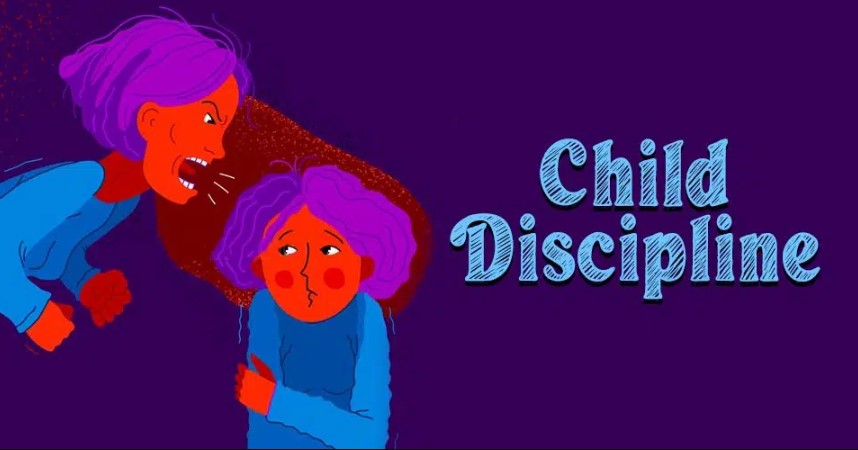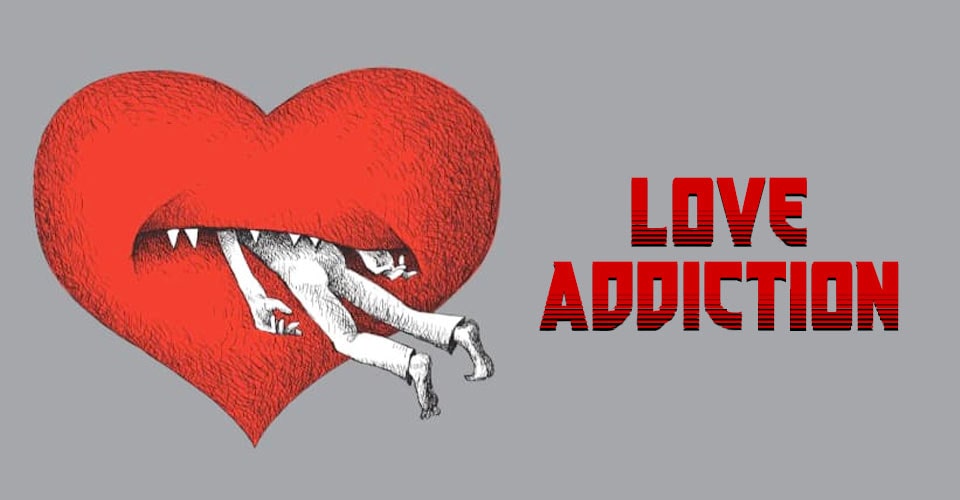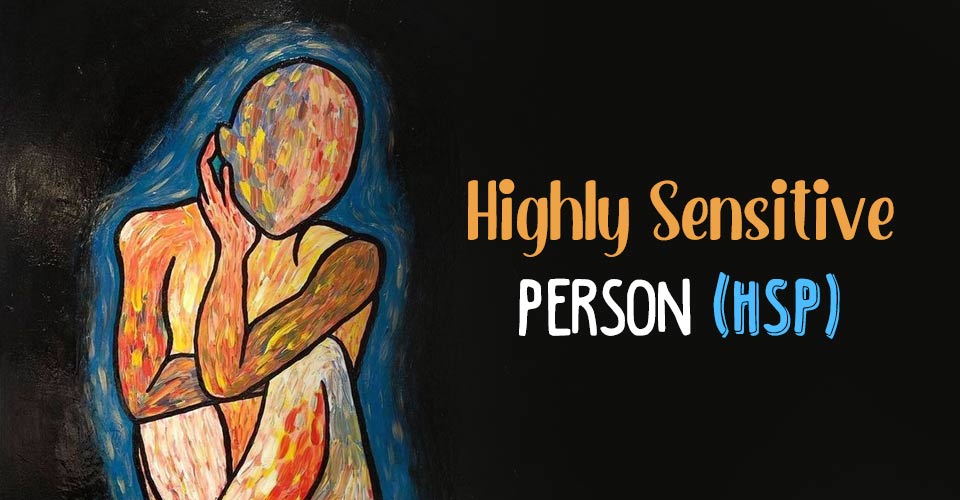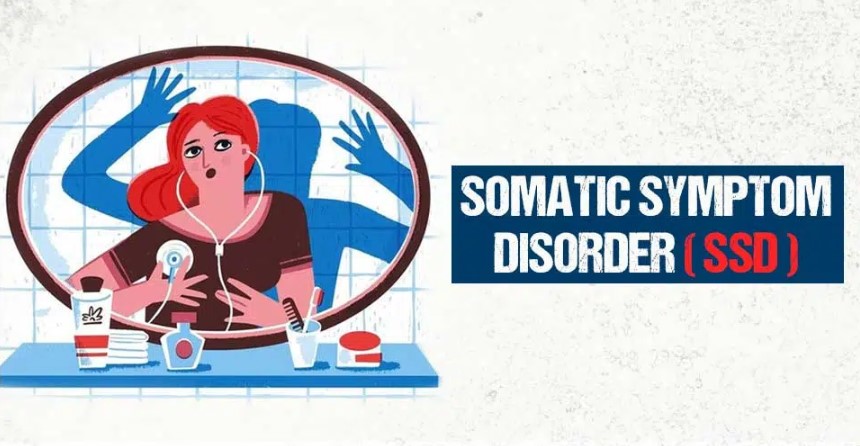Child discipline involves teaching children acceptable behavior, emphasizing the value of rules and social norms, and promoting self-control and responsibility. It provides guidance, structure, and important life skills that contribute to a child’s overall development and successful social interactions.
What Is Child Discipline?
Child discipline refers to the methods and strategies [mfn] Effective discipline for children. (2004). Paediatrics & child health, 9(1), 37–50. https://doi.org/10.1093/pch/9.1.37 [/mfn] employed by parents or caregivers to guide and teach children appropriate behavior, values, and social skills. It is an essential aspect of parenting that helps children develop self-control, understand societal norms, and make responsible choices.
The concept of child discipline encompasses setting boundaries, establishing rules, and applying consequences for behavior that aligns with the desired values and expectations.
Research and statistical data [mfn] Effective discipline for children. (2004). Paediatrics & child health, 9(1), 37–50. https://doi.org/10.1093/pch/9.1.37 [/mfn] highlight the importance of child discipline in moral development. Studies have shown that children who experience consistent and appropriate discipline tend to exhibit higher levels of moral reasoning, empathy, and self-regulation.
Read More About Empathy Here
Conversely, a lack of discipline or inconsistent discipline can lead to behavioral problems, a weaker moral compass, and difficulties in social interactions. Additionally, research suggests that the quality of the parent-child relationship and the warmth and responsiveness of parents during disciplinary interactions are crucial factors influencing moral development in children.
Types Of Child Discipline
The common types of child discipline include [mfn] Sanvictores, T., & Mendez, M. D. (2022). Types of Parenting Styles and Effects On Children. PubMed; StatPearls Publishing. Available from: https://www.ncbi.nlm.nih.gov/books/NBK568743/ [/mfn] :
1. Positive Reinforcement:
Rewarding or praising desired behavior, such as giving a sticker or extra playtime when a child completes their homework.
2. Time-outs:
Temporarily removing a child from a situation or activity to provide them with a chance to calm down and reflect on their behavior, like having a child sit in a designated quiet area for a few minutes after misbehaving.
3. Logical Consequences:
Allowing a child to experience the natural outcome of their actions to help them understand the consequences of their behavior, such as if a child refuses to wear a coat, they may feel cold outside.
4. Loss Of Privileges:
Temporarily taking away privileges or activities that are important to the child, like not allowing them to watch television for a day if they did not complete their chores.
5. Grounding:
Restricting a child’s activities and social interactions for a specific period of time as a consequence for their behavior, for example, not allowing a child to go out with friends for a weekend due to breaking curfew.
6. Verbal Reprimands:
Using words to express disapproval or redirect a child’s behavior, such as firmly telling a child to stop hitting their sibling.
7. Logical Reasoning:
Explaining the reasons behind certain rules or expectations to help children understand the logic and importance behind them, like explaining why it’s important to brush their teeth for good oral hygiene.
8. Redirection:
Diverting a child’s attention to a more appropriate activity or behavior when they are engaged in undesirable behavior, such as offering a toy or suggesting a different activity when a child is about to throw a tantrum.
9. Restitution:
Encouraging a child to repair any damage or harm they have caused as a way to teach responsibility, such as asking a child to apologize and help clean up if they spill a drink.
Benefits Of Child Discipline
Research [mfn] Larzelere R. E. (2000). Child discipline. Weak evidence for a smacking ban. BMJ (Clinical research ed.), 320(7248), 1538–1540. [/mfn] claims that the benefits of child discipline lie in:
- Promoting the development of self-control and self-discipline.
- Helping children learn appropriate behavior and boundaries.
- Fostering a sense of responsibility and accountability.
- Supporting the development of moral reasoning and empathy.
- Enhancing communication and problem-solving skills.
- Encouraging positive relationships and social interactions.
- Promoting a safe and structured environment for children.
- Improving academic performance and focus.
- Preparing children for future success and independence.
Child Discipline And Mental Health
Child discipline and mental health are inversely related [mfn] Rajyaguru, P., Moran, P., Cordero, M., & Pearson, R. (2019). Disciplinary Parenting Practice and Child Mental Health: Evidence From the UK Millennium Cohort Study. Journal of the American Academy of Child and Adolescent Psychiatry, 58(1), 108–116.e2. https://doi.org/10.1016/j.jaac.2018.06.033 [/mfn] . Effective discipline positively impacts a child’s mental health by creating a structured environment, promoting emotional well-being, and building psychological resilience.
It instills important values, self-control, and responsibility, facilitating healthy emotional regulation and decision-making. Discipline also nurtures autonomy, problem-solving abilities, and accountability, contributing to higher self-esteem and improved mental health outcomes. Moreover, it helps prevent the development of mental health disorders later in life.
Read More About Self-Esteem Here
Conversely, a lack of child discipline negatively affects mental health, leading to increased stress, anxiety, and impulsivity. It causes confusion, insecurity, and low self-esteem, while impairing social interactions and relationship skills. Insufficient discipline hinders the development of essential life skills and impacts overall mental well-being.
Read More About Stress Here
Mental Health Disorders Associated With Inconsistent Discipline In Children
A lack of or poor discipline in children can contribute to the development of various mental health disorders. Without proper guidance and structure, children may be at a higher risk of developing mental health conditions [mfn] Hecker, T., Hermenau, K., Salmen, C., Teicher, M., & Elbert, T. (2016). Harsh discipline relates to internalizing problems and cognitive functioning: findings from a cross-sectional study with school children in Tanzania. BMC psychiatry, 16, 118. https://doi.org/10.1186/s12888-016-0828-3 [/mfn] such as oppositional defiant disorder (ODD) or conduct disorder.
Read More About Oppositional Defiant Disorder (ODD) Here
The absence of adequate discipline can also contribute to the development of impulse control disorders, such as intermittent explosive disorder or attention-deficit/hyperactivity disorder (ADHD).
Additionally, the emotional and psychological toll of inconsistent or poor discipline can lead to anxiety disorders, panic disorders, severe depression, and low self-esteem. Extreme discipline can also exacerbate risk factors of behavioral and commitment issues, particularly maladaptive adjustment disorder and dependent personality disorder. Moreover, disciplining a child with mental illnesses and developmental disorders (like autism) can also be difficult in the long run [mfn] Scott, J. G., Mihalopoulos, C., Erskine, H. E., Roberts, J., & Rahman, A. (2016). Childhood Mental and Developmental Disorders. Disease Control Priorities, Third Edition (Volume 4): Mental, Neurological, and Substance Use Disorders, 4, 145–161. https://doi.org/10.1596/978-1-4648-0426-7_ch8 [/mfn] .
Read More About Panic Disorders Here
Tips For Instilling Discipline In Children
Consider the following tips [mfn] Sege, R. D., Siegel, B. S., COUNCIL ON CHILD ABUSE AND NEGLECT, & COMMITTEE ON PSYCHOSOCIAL ASPECTS OF CHILD AND FAMILY HEALTH (2018). Effective Discipline to Raise Healthy Children. Pediatrics, 142(6), e20183112. https://doi.org/10.1542/peds.2018-3112 [/mfn] for instilling discipline in your child:
- Set clear rules and expectations.
- Be consistent with discipline.
- Use positive and healthy reinforcement.
- Implement consequences for misbehavior.
- Teach problem-solving and decision-making skills.
- Establish routines and structure.
- Be a good role model.
- Communicate effectively, while being a patient listener.
- Use age-appropriate disciplinary techniques.
Disciplining A Child With Mental Illness
Disciplining a child with mental illness requires a thoughtful and individualized approach. It is important to consider the unique needs and challenges of the child while establishing discipline strategies. A combination of understanding, empathy, and clear communication is essential.
Collaborating with mental health professionals and seeking their guidance [mfn] Skylstad, V., Akol, A., Ndeezi, G., Nalugya, J., Moland, K. M., Tumwine, J. K., & Engebretsen, I. M. S. (2019). Child mental illness and the help-seeking process: a qualitative study among parents in a Ugandan community. Child and adolescent psychiatry and mental health, 13, 3. https://doi.org/10.1186/s13034-019-0262-7 [/mfn] can provide valuable insights and effective strategies for supporting the child’s development and well-being. Flexibility and adaptability in disciplinary techniques are crucial to ensure a supportive and nurturing environment for the child.
Takeaway
The importance of child discipline can be traced back to a young age. It varies, based on the unique dynamics and values of each parent-child relationship.
While schools provide discipline within the instructional framework, caregivers should recognize that children are influenced by the behavior and emotions demonstrated by their guardians, making it important to understand and respect their emotions while teaching them about the consequences of certain behaviors. This approach not only facilitates parenting but also fosters the development of responsible individuals.
At A Glance
- Child discipline is essential for teaching children acceptable behavior, promoting self-control, and instilling responsibility.
- Research highlights the irreplaceable importance of child discipline on moral development, while a lack of discipline can lead to behavioral problems, confusion, and insecurity.
- Different types of discipline (such as positive reinforcement and logical consequences) offer effective strategies for guiding children’s behavior.
- The benefits of child discipline lie in fostering children’s self-control, responsibility, moral reasoning, communication skills, and positive relationships.
- Child discipline and mental health are interrelated, when it comes to emotional well-being and prevention of mental health disorders.
Frequently Asked Questions (FAQs)
1. What are the 3 types of discipline for children?
The three types of discipline for children are authoritative, authoritarian, and permissive.
2. What is an effective way to discipline a child?
An effective way to discipline a child is through a combination of clear expectations, consistent consequences, and positive reinforcement.
3. What is the importance of child discipline in moral development?
The benefits of child discipline in moral development lie in teaching children about right and wrong, promoting self-control, and fostering empathy and respect for others.









